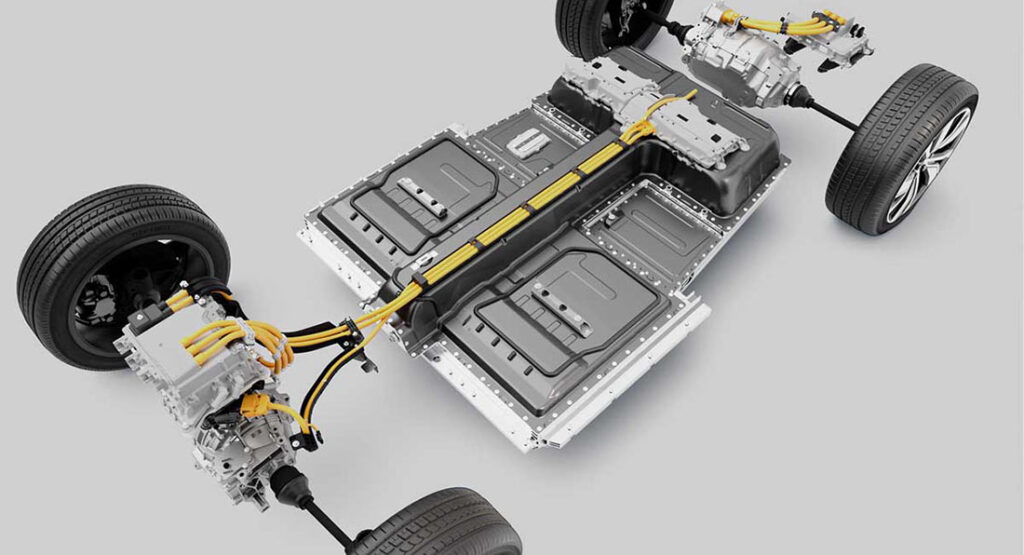China will tighten safety regulations on electric vehicle (EV) batteries, with new technical standards set to take effect from July 2026, the Ministry of Industry and Information Technology said on Monday, as the country seeks to address fire and explosion risks in its rapidly expanding new energy vehicle (NEV) sector.
The updated rules will impose more rigorous mandatory testing on EV and plug-in hybrid batteries to prevent thermal runaway — a chemical chain reaction widely cited as the leading cause of battery-related fires. Automakers will be required to ensure batteries do not catch fire or explode during specific testing scenarios, while also meeting tougher requirements related to crash impacts and tolerance of fast charging.
See also: China’s LFP Battery Sector Sees Demand Recovery Amid Rising Orders, Price Adjustments
The new standards, approved by regulators in March but only made public this week, replace a 2020 version that required EVs to issue a warning at least five minutes before a potential fire.
The regulatory update comes amid soaring NEV sales in China, which have intermittently surpassed gasoline vehicle sales on a monthly basis since last year. EVs and plug-in hybrids now account for over half of new car sales in the world’s largest auto market, exceeding Beijing’s earlier targets of 20% by 2025 and more than 50% by 2035.
See also: China Dominates Global EV Battery Supply Chain, Study Finds
In June 2024, a CCTV report said EVs and hybrids were statistically less prone to fires than gasoline cars, despite frequent reports on social media of fire incidents involving NEVs. However, public safety concerns persist, particularly after a fatal March crash involving a Xiaomi sedan that caught fire following a collision at 97 km/h. The vehicle’s advanced driving assistance system had reportedly been engaged at the time.
By strengthening battery safety standards, regulators aim to reinforce public confidence in NEVs while supporting the sector’s continued growth under safer conditions.
Source: Reuters
